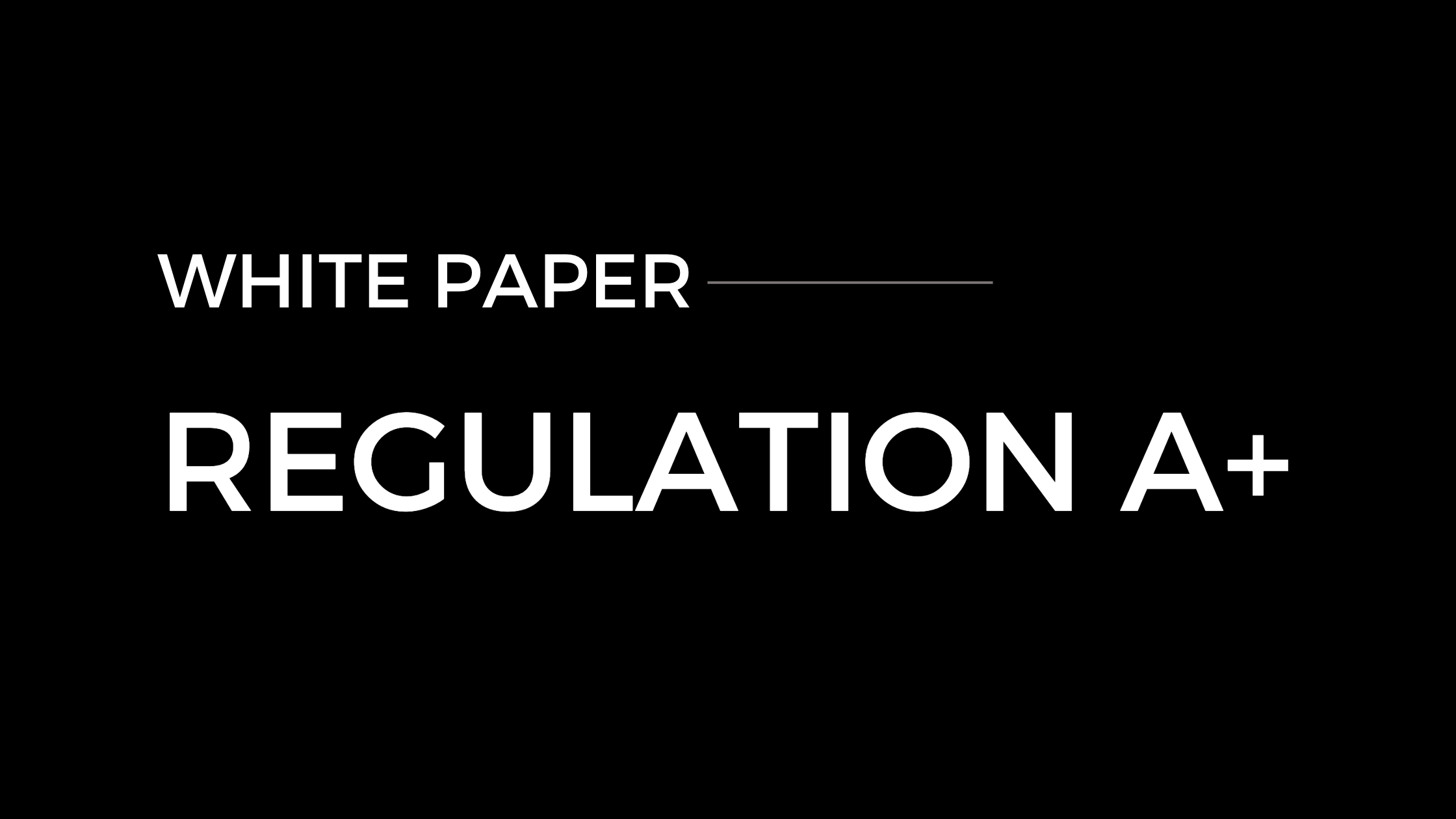Our firm has consistently dealt with Internet issues for business clients since 2002. Over the last 10 years, we have employed various strategies for our clients with varying success. Based on our experience, the following are some of the items we address with our clients.
1. I want to go online and post my side of the story. Many businesses feel this is best and most direct way to handle online issues. This strategy can work when dealing with a customer who has posted what may be a legitimate complaint about the business. Posting information to address the specific complaint raised can be an effective and efficient way to resolve specific issues. However, when dealing with Hater, this action typically does not resolve the issue and will usually backfire for several reasons.
First, because the response is posted on the same site that the original comment was posted on, not only will the negative link continue to be the first statement that is seen by the user, any “hits” on your post will also continue to boost the search engine ranking for the negative post. Second, it gives the original poster yet another opportunity to post more negative information.
Remember, the Haters view themselves as consumer advocates and any response by the business is a sign to the Haters that they were right about the business. It does not matter what the response is, if the business denies the accusations, then the business is lying. If the business tries to make amends, then the Hater was right all along and this business is deceiving consumers. Either way, a response just “chums the waters” for the Haters and gives justification to continue the online attack.
Whether dealing with a yellow newspaper, a consumer advocate television reporter, or a hater, they will take advantage of every opportunity to paint a business as another “bully” trying to silence its critics.
2. I want to send a legally threatening letter to make the person take down the statements. Much like the prior one, this strategy rarely achieves the desired result and almost always backfires. Any writing sent to the poster will show up on the site. Whether dealing with a yellow newspaper, a consumer advocate television reporter, or a hater, they will take advantage of every opportunity to paint a business as another “bully” trying to silence its critics. Sending a letter or email gives the poster a perfect opportunity to make the business look like a bully and at the same time allows the “consumer advocate” to show that he or she is protecting the little guy.
3. I want to post statements about the poster online. While this strategy may seem a fitting response to the unfair attacks on the business, it has no impact on the original defamatory posting. Remember the whole point is to get the defamatory postings off the first page of the search results. Attacking the poster does not accomplish this goal.
Recap
So, what are the most important actions a business can take to protect their good name and reputation online?
1. File for trademark protection of the business name(s) and logo(s) and copyright all websites. These filings should be made with the U.S government and any foreign jurisdictions in which the business operates.
2. Purchase .com and .net web domains for all trademarked names.
3. Engage in SEO and consistently and vigorously publish high quality content on the Internet.
4. Regularly and consistently conduct online searches for the names of all businesses, as well as all persons associated with the business. Take prompt and effective action to address any negative online postings.
5. Engage competent counsel to represent the business.
Conclusion
While the law in the United States with respect to traditional forms of defamation has been well developed over the last 200 years, the law of defamation as it relates to the Internet is less than 20 years old. Over the last fifteen years, the use of and the accessibility to information online has exploded as has the number of negative and defamatory postings online.
Unfortunately, the legislatures and courts cannot keep up with this explosion. As a result, many of the laws and court decisions are antiquated and not in step with the Internet as we know it today. As a result, the balance between free speech and the responsibility to speak the truth is currently skewed toward free speech. However, this area of the law must continue to evolve and change.
As online communication continues its exponential growth, being vigilant about a person’s online reputation is essential. Any person or entity that ignores their online reputation does so at their peril.



